Culture in Croatia
Experience Croatia's culture
Croatia, a country of breathtaking beauty, not only boasts the stunning Adriatic coastline and picturesque islands, but also harbours a rich cultural diversity that is deeply rooted in its history and identity.
Croatian culture is characterised by a unique blend of history, art, music and culinary diversity. The people of Croatia proudly cherish their traditions while being open to modern influences, resulting in a vibrant and dynamic cultural scene.
Croatian cuisine
Croatian cuisine is varied and characterised by regional influences. It emphasises fresh, seasonal and local ingredients. The dishes are characterised by a mixture of Mediterranean, Slavic, Hungarian and Austrian influences. The variety of regional specialities makes Croatian cuisine an exciting culinary experience.
5 typical dishes from Croatia
These dishes reflect Croatia's rich culinary tradition.
1. Ćevapi
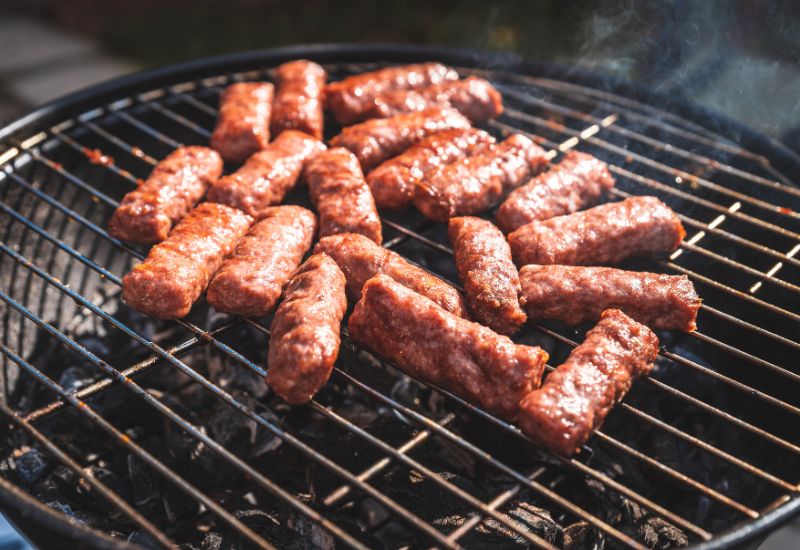
These are small, savoury minced meat rolls that are usually grilled and served with side dishes such as flatbread (somun), onions and red pepper powder. Ćevapi is traditionally prepared with a mixture of beef and lamb. This combination gives the Ćevapi a rich flavour. Sometimes pork is also used.
This dish is particularly popular at barbecues, family celebrations and social gatherings.
2. Pasticada
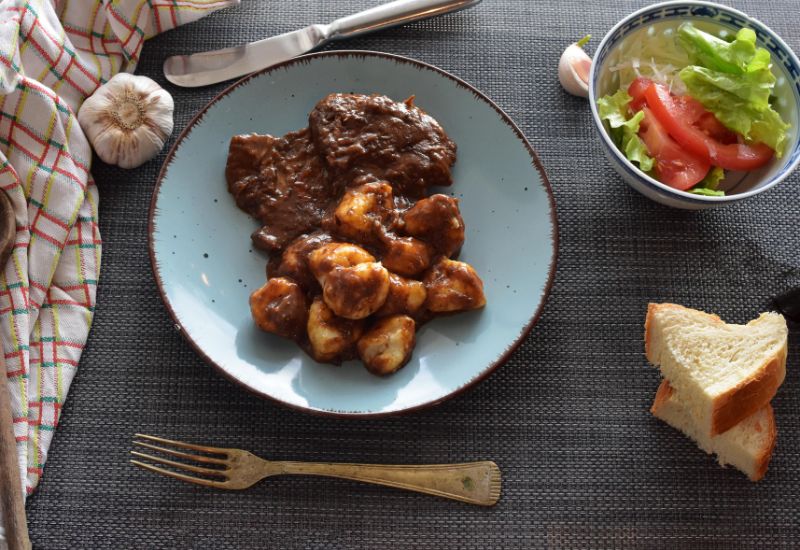
Pasticada is a traditional Croatian meat dish that is particularly popular in Dalmatia. It is stewed meat that is usually served with pasta, potatoes or gnocchi.
The meat is often beef, which is marinated and slowly cooked in a sauce of wine, vinegar, garlic and spices.
3. Pljeskavica
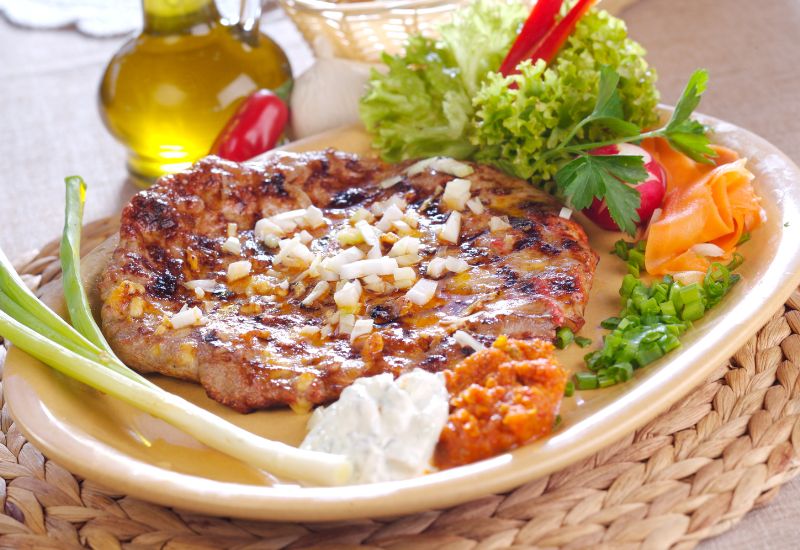
A type of burger or mince steak, usually made from mixed beef and pork. It is grilled and served in bread with onions, ajvar (paprika and garlic sauce) and cheese.
4. Istarski pršut

A regional speciality from Istria, similar to the Italian prosciutto. It is air-dried ham, thinly sliced and often served with olive oil, cheese and bread.
5. Brudet
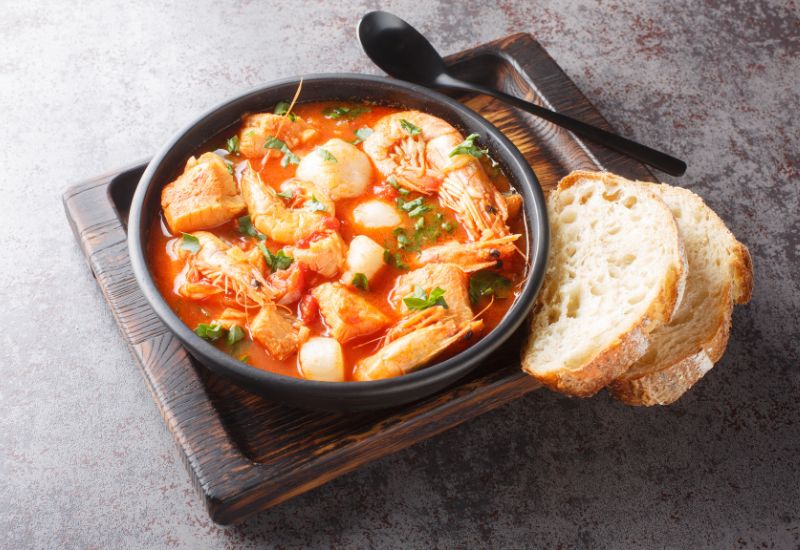
A fish stew that is often prepared with various types of seafood. The base consists of tomatoes, wine, onions and spices. It is usually served with polenta or fresh bread.
These dishes represent only a small part of Croatia's rich culinary diversity. There are many regional variations and local specialities.
Getränke
Grappa (Travarica)

Grappa is a traditional Italian and Croatian spirit made from grape residue left over from wine production. The name "grappa" is probably derived from the Italian word "grappolo", which means grape. This noble spirit has a long history and is appreciated in many regions of Europe.
In Croatia, especially in the coastal regions, grappa is known as "travarica" when it is flavoured with various herbs. This gives the drink an additional flavour dimension.
Rakija
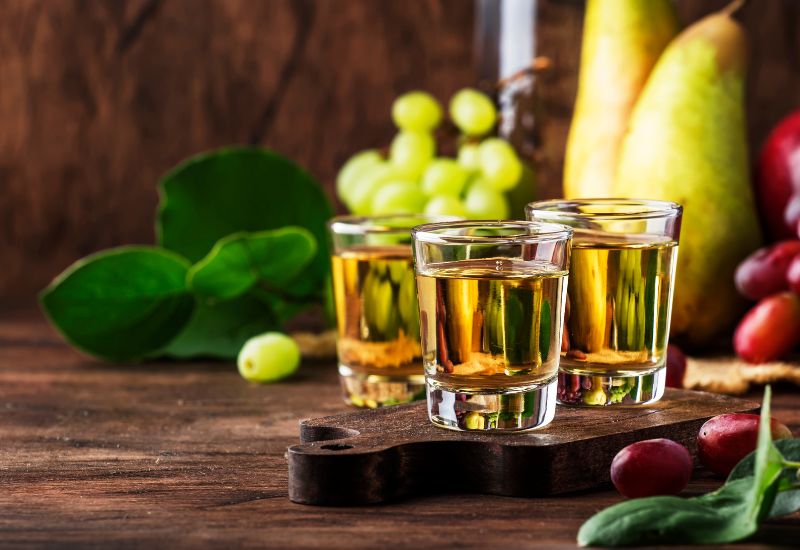
Rakija is a traditional fruit brandy that is popular in many Balkan countries, including Croatia. It is a clear brandy produced by distilling fermented fruit. The most popular fruits for rakija production are plums (Šljivovica), grapes (Loza), apples (Jabukovača), pears (Kruškovača) or quinces.
In Croatia, rakija is an important part of local culture and tradition. It is often made and drunk on special occasions such as weddings, celebrations or harvest festivals. Every family can make their own version of rakija and there are often secret recipes that are passed down from generation to generation. Rakija is not just a drink, but also a part of social life and cultural identity in many communities in the Balkans.
Traditional festivals and customs
Croatia has many festivals and customs, which can vary depending on the region.
Carnival (Mascara)

Date: 6 January until the night of Ash Wednesday
Carnival is a colourful and lively celebration that takes place in many Croatian towns and villages. The festive activities include masked balls, parades, music and dancing. The most famous carnival takes place in the city of Rijeka, where spectacular parades and events are held. The carnival season reaches its peak before Lent.
St. Blaise's Day (Sveti Vlaho)
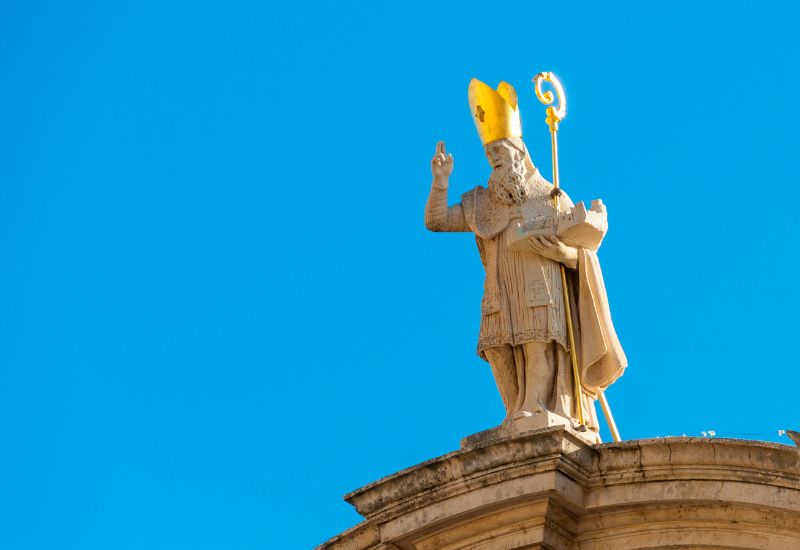
Date: 3 February
The feast of St Blaise, the patron saint of the city, is celebrated extensively in Dubrovnik. The celebrations include processions through the city, religious ceremonies and cultural events. This festival has deep historical roots and is an important part of Dubrovnik's identity.
St Martin's Day (Martinje)
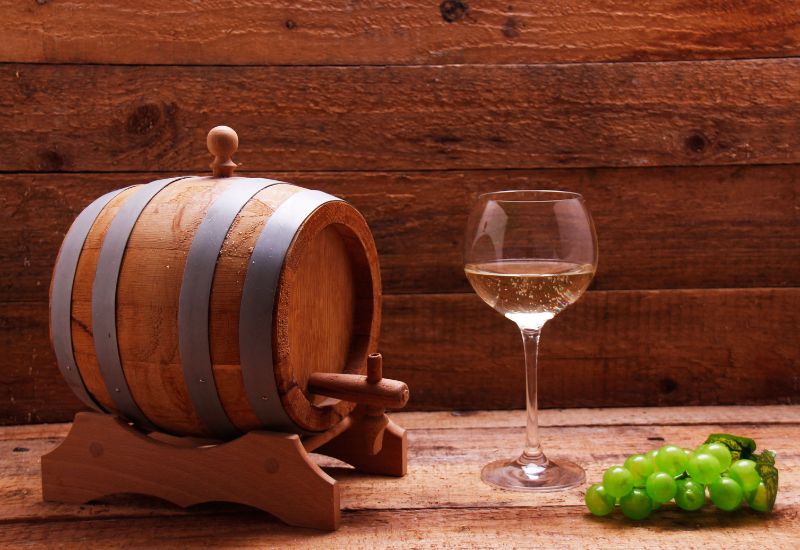
Date: 11 November
11 November is celebrated in Croatia as St. Martin's Day, in honour of the patron saint of winegrowers. The festival traditionally marks the time when young wine is tasted. There are feasts with goose dishes, and it is customary for winemakers to open and taste their first wines.
Advent season (Advent)
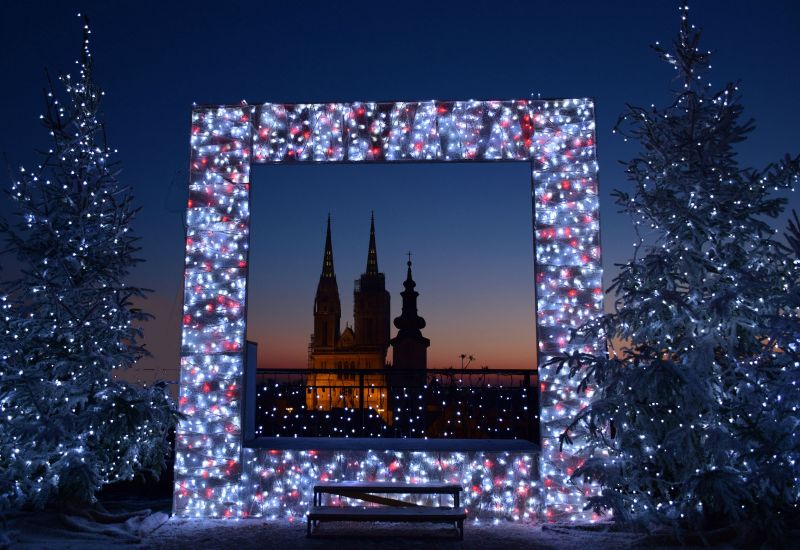
Time: four weeks before 25 December
The Advent season is celebrated with festive events in many Croatian towns and villages. Particularly noteworthy is the spectacular Advent market in the capital Zagreb, which is considered one of the best in Europe. During the Advent season, there are Christmas markets, street music, craft fairs and cultural events.
Conclusion
Are you ready to gather new cultural impressions in Croatia?
Here you can find out more about the toll regulations in Croatia so that nothing stands in the way of your holiday.
